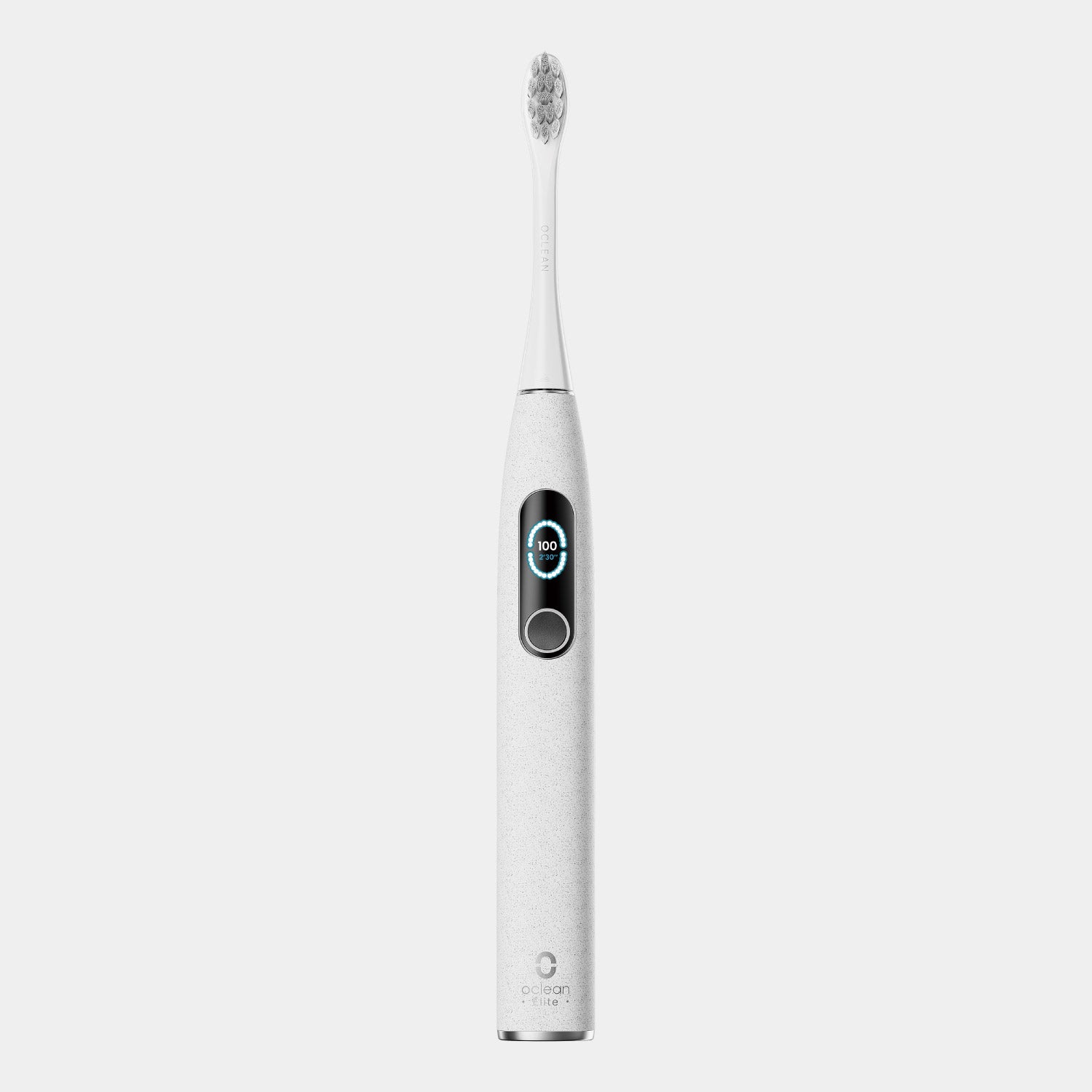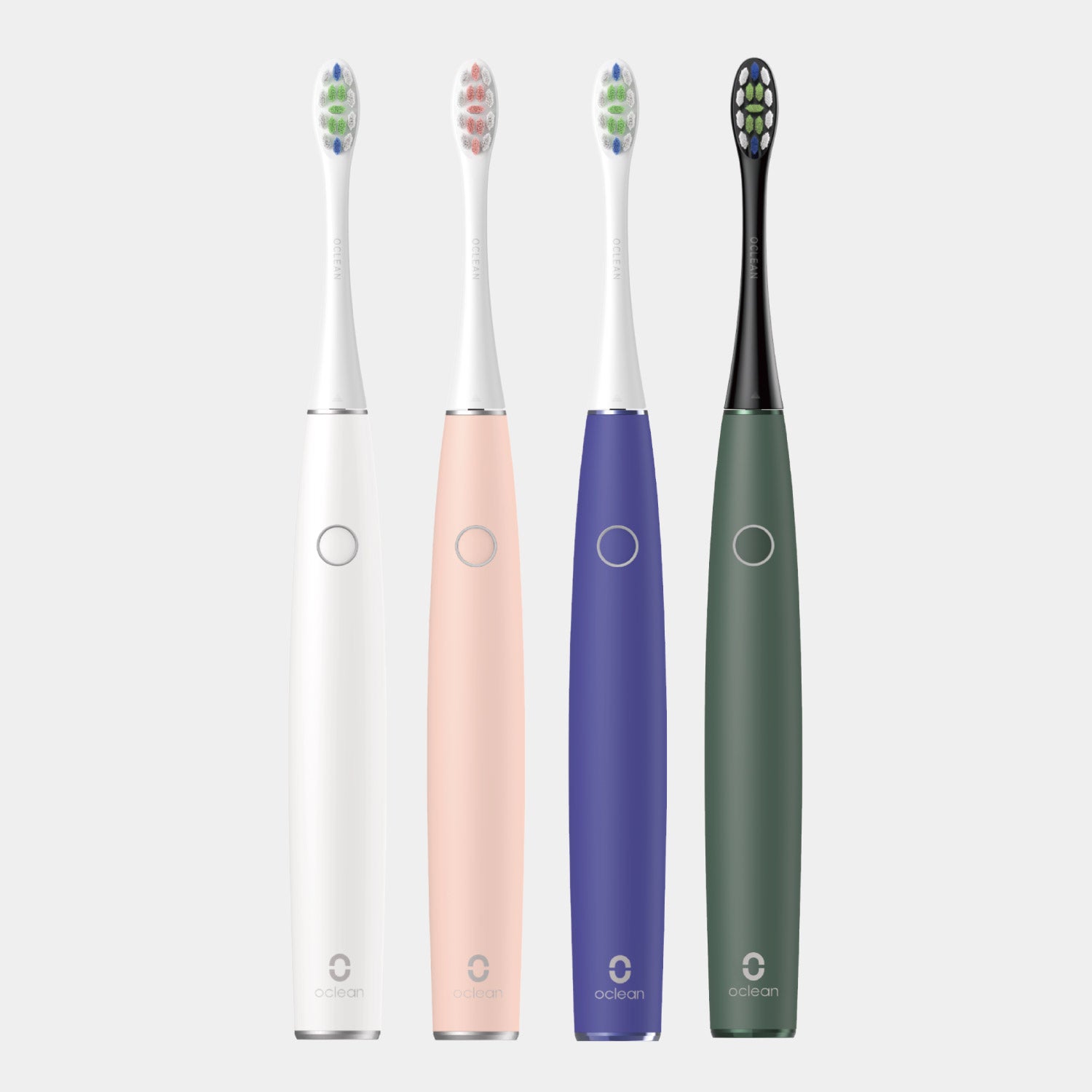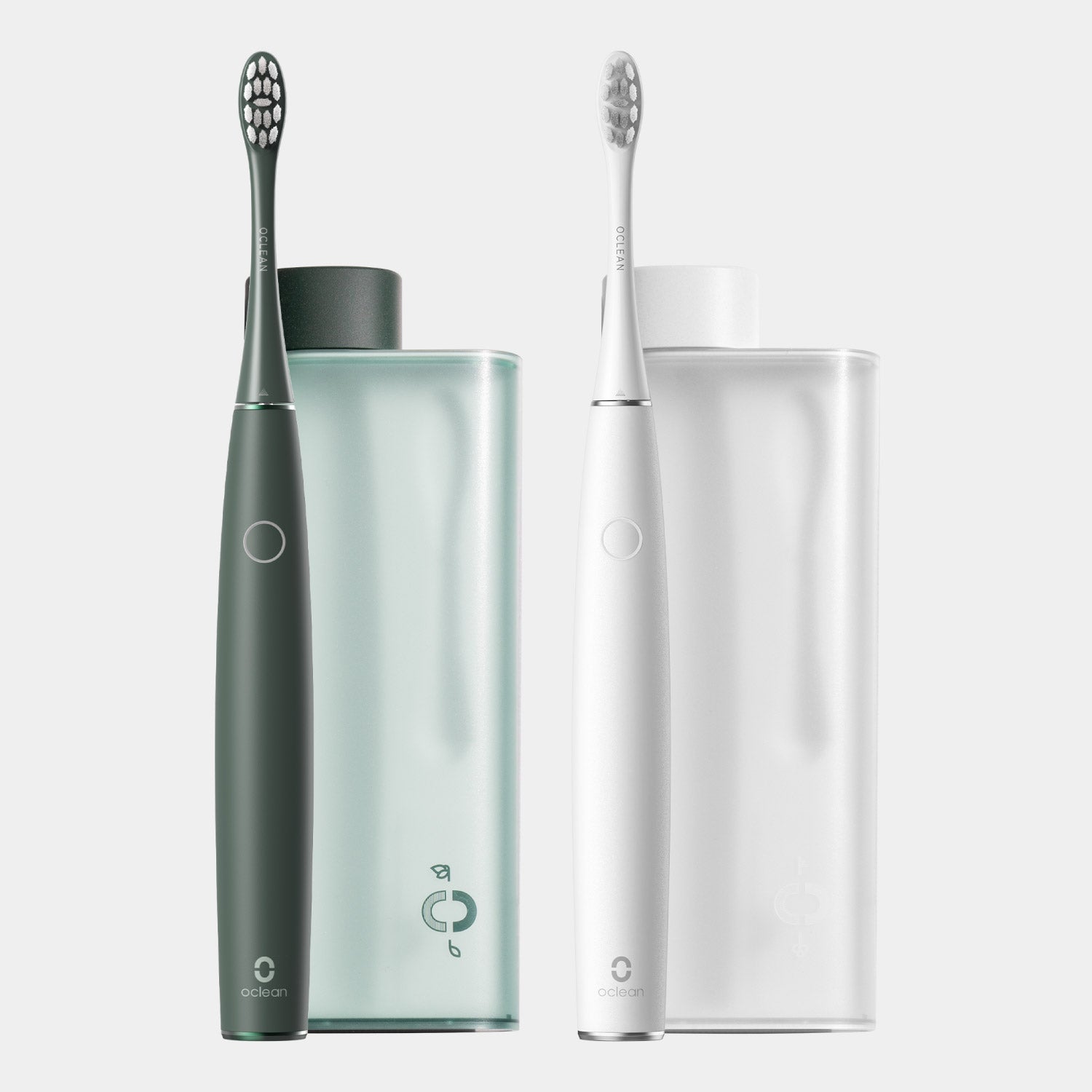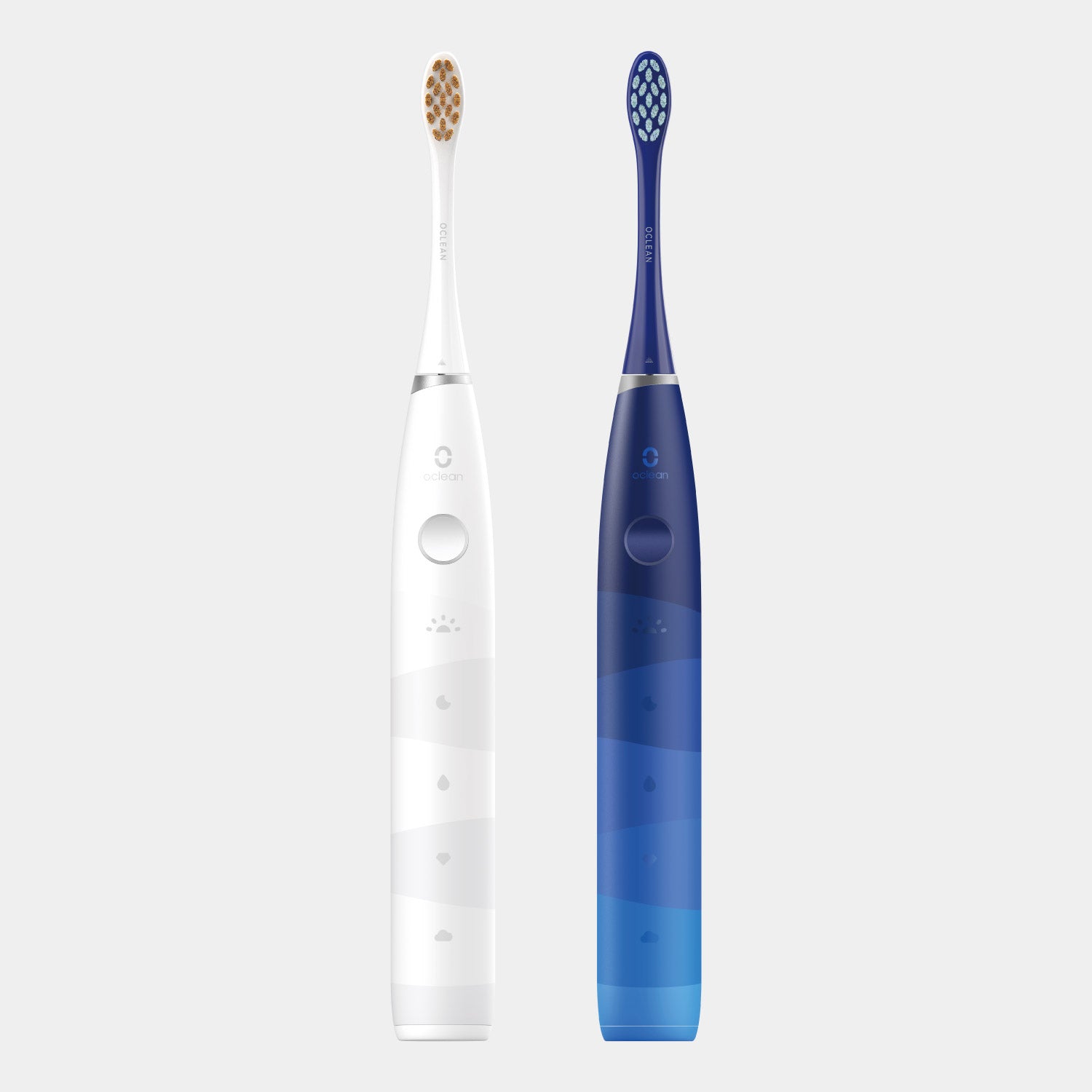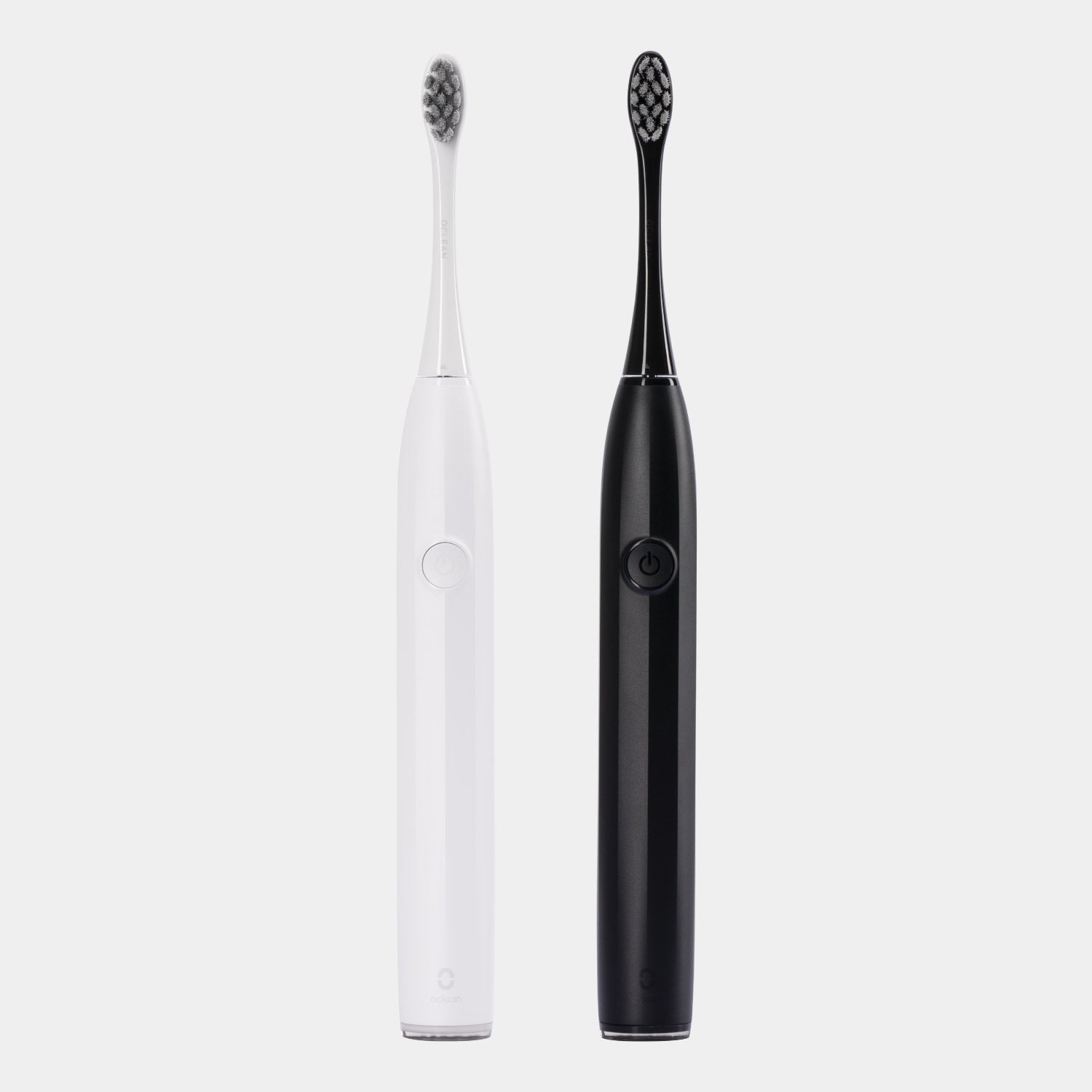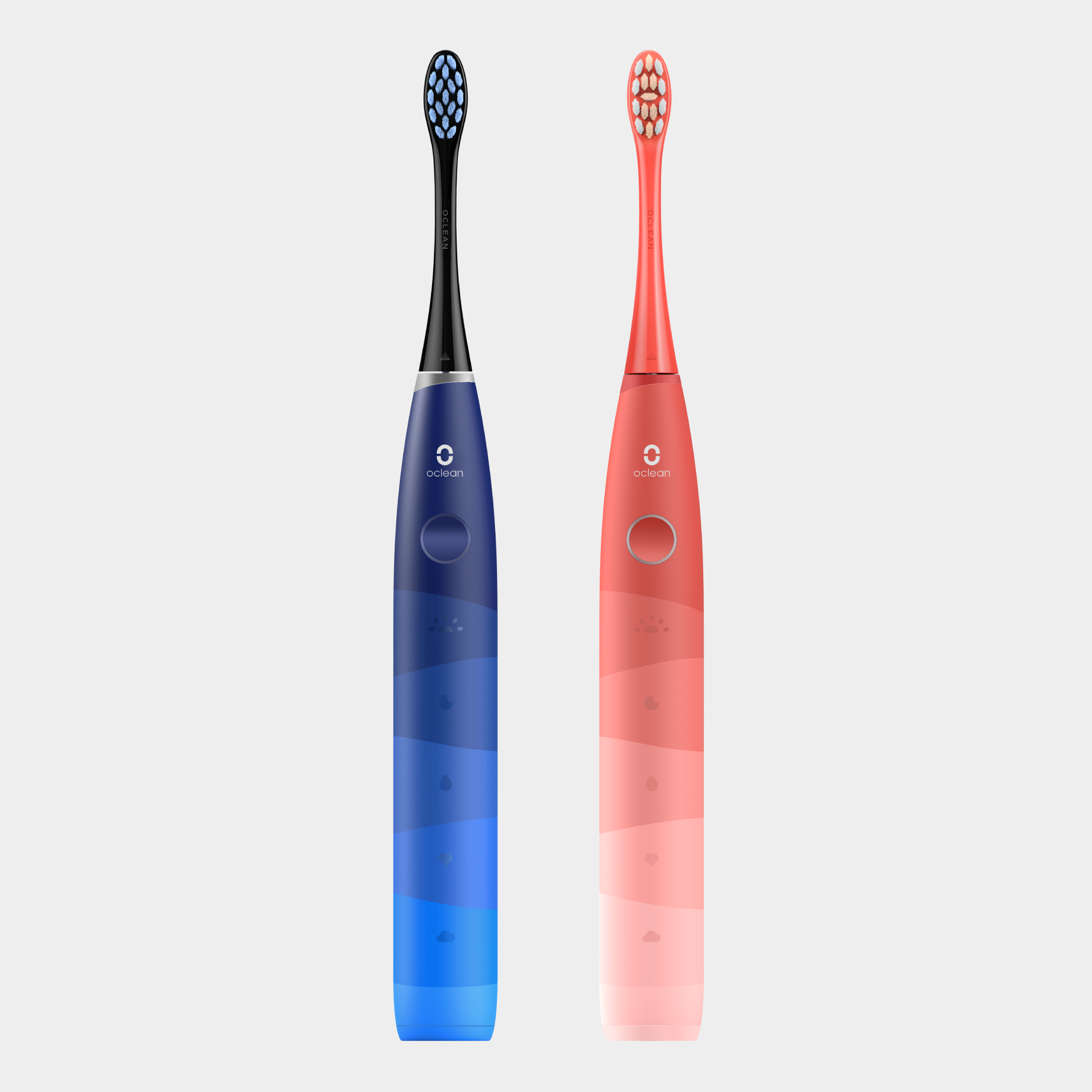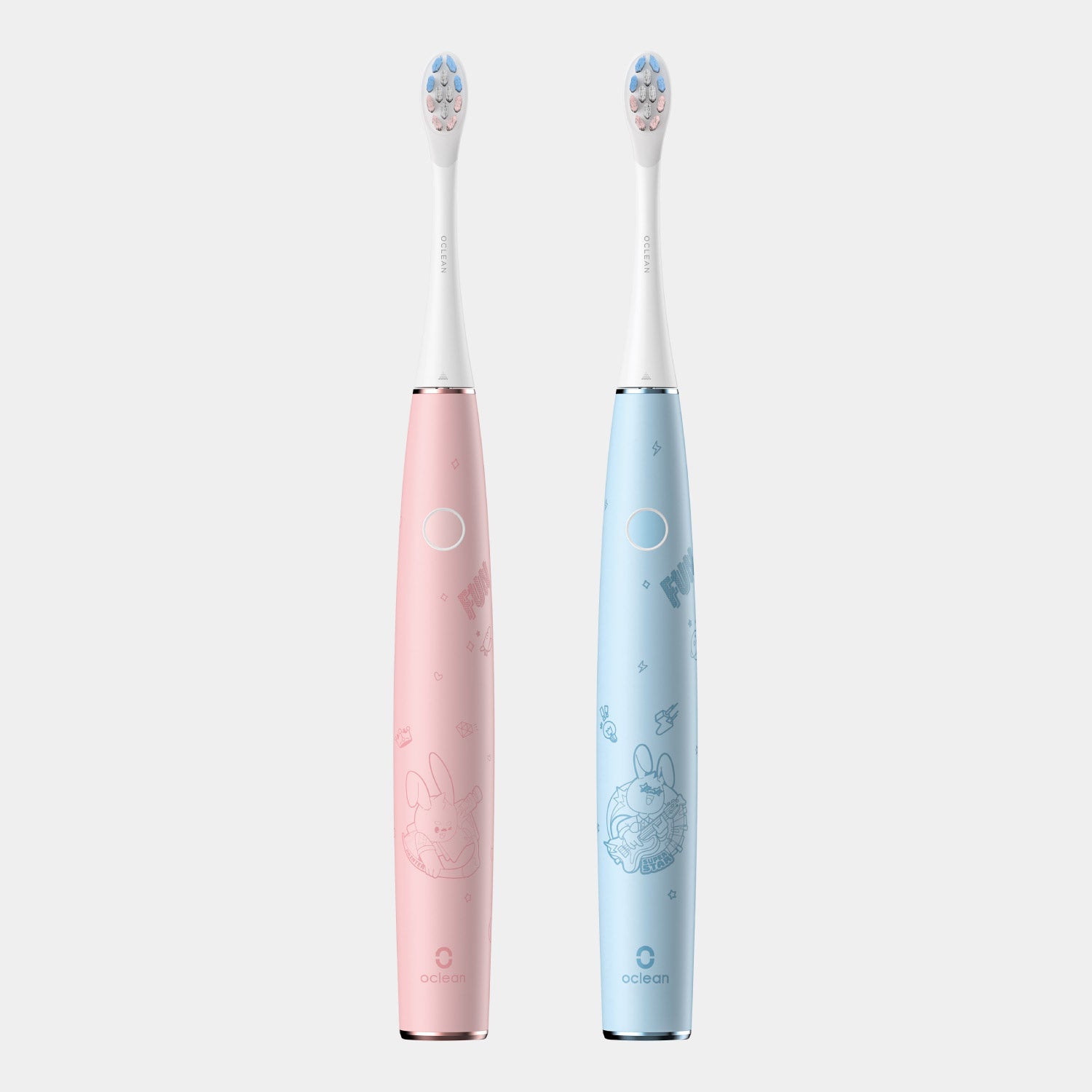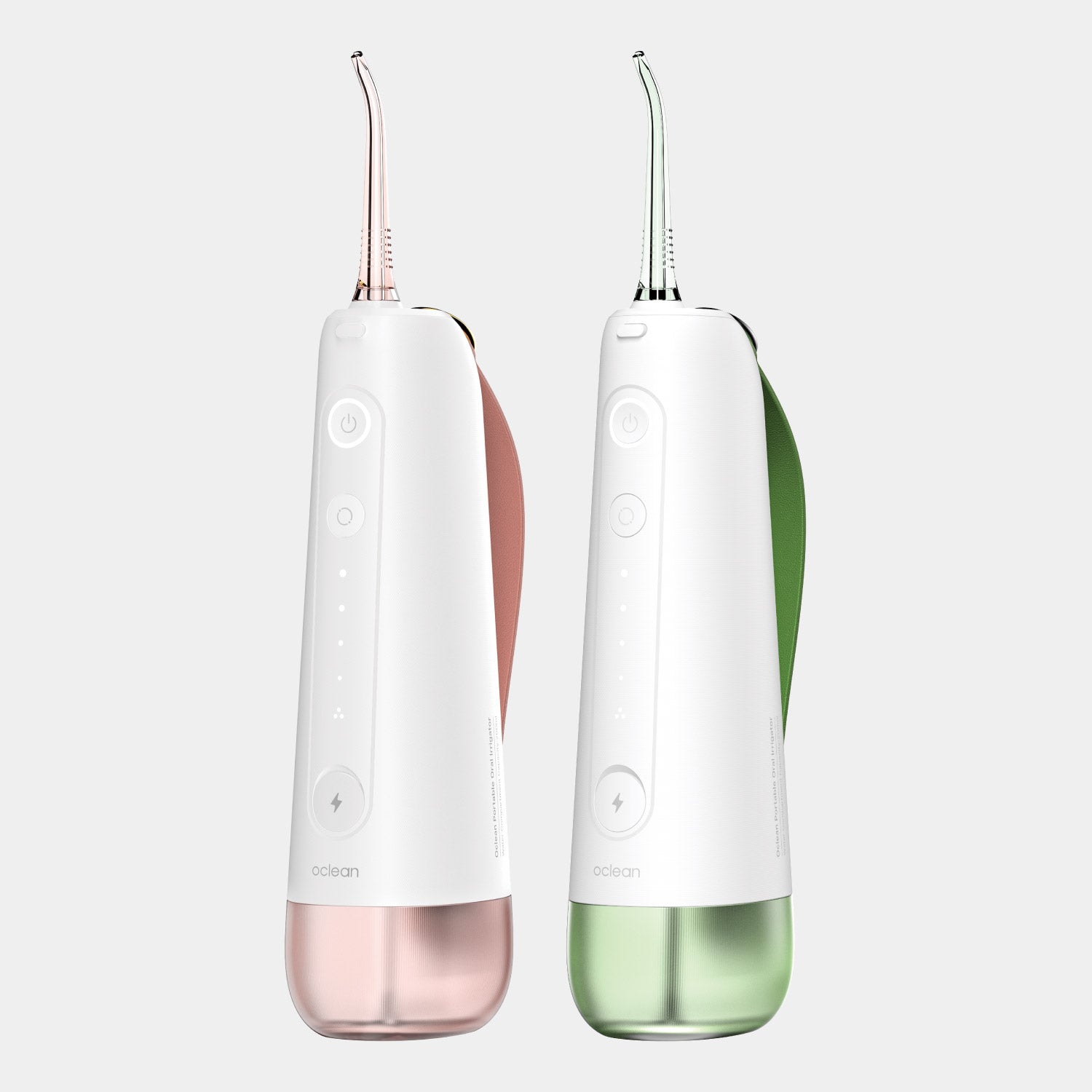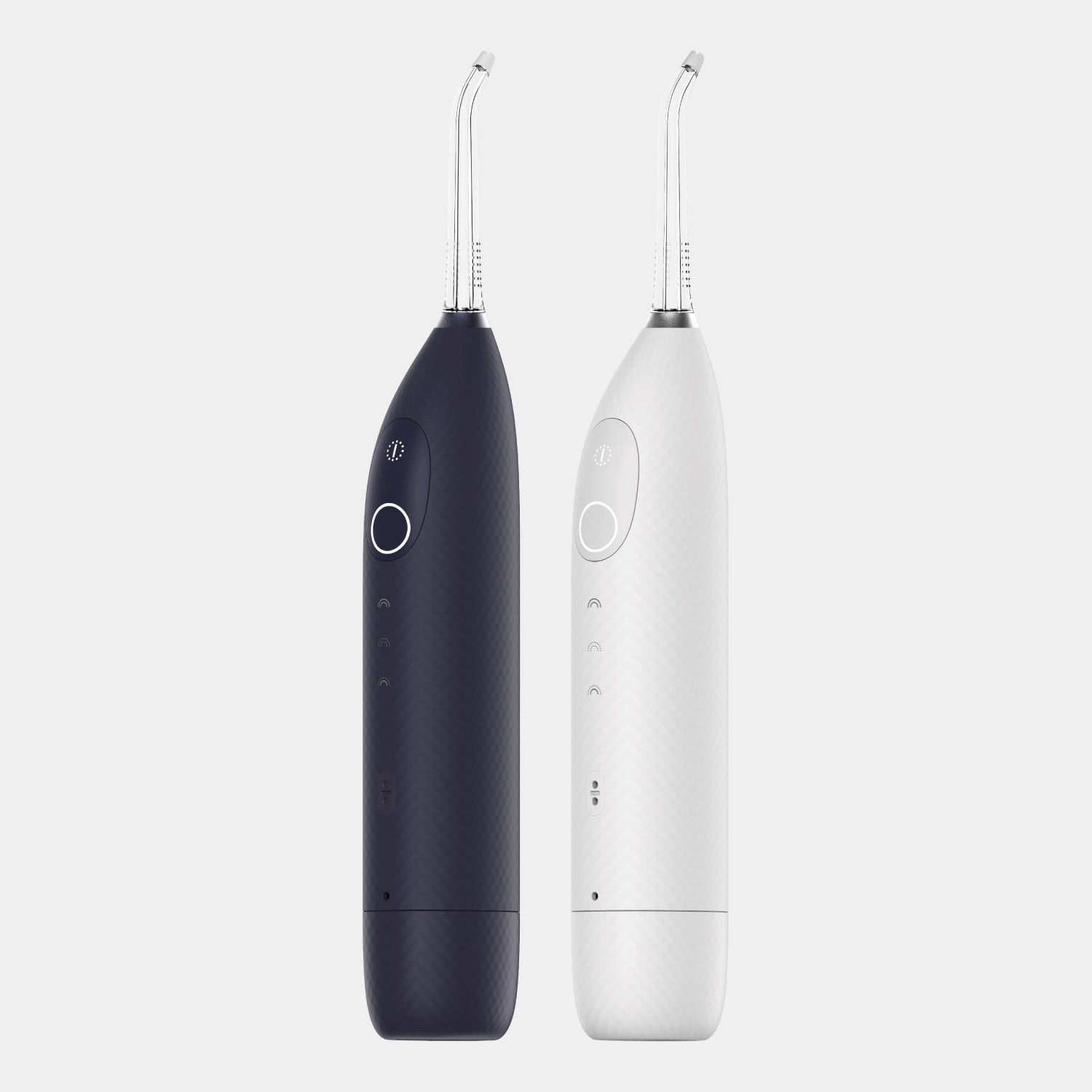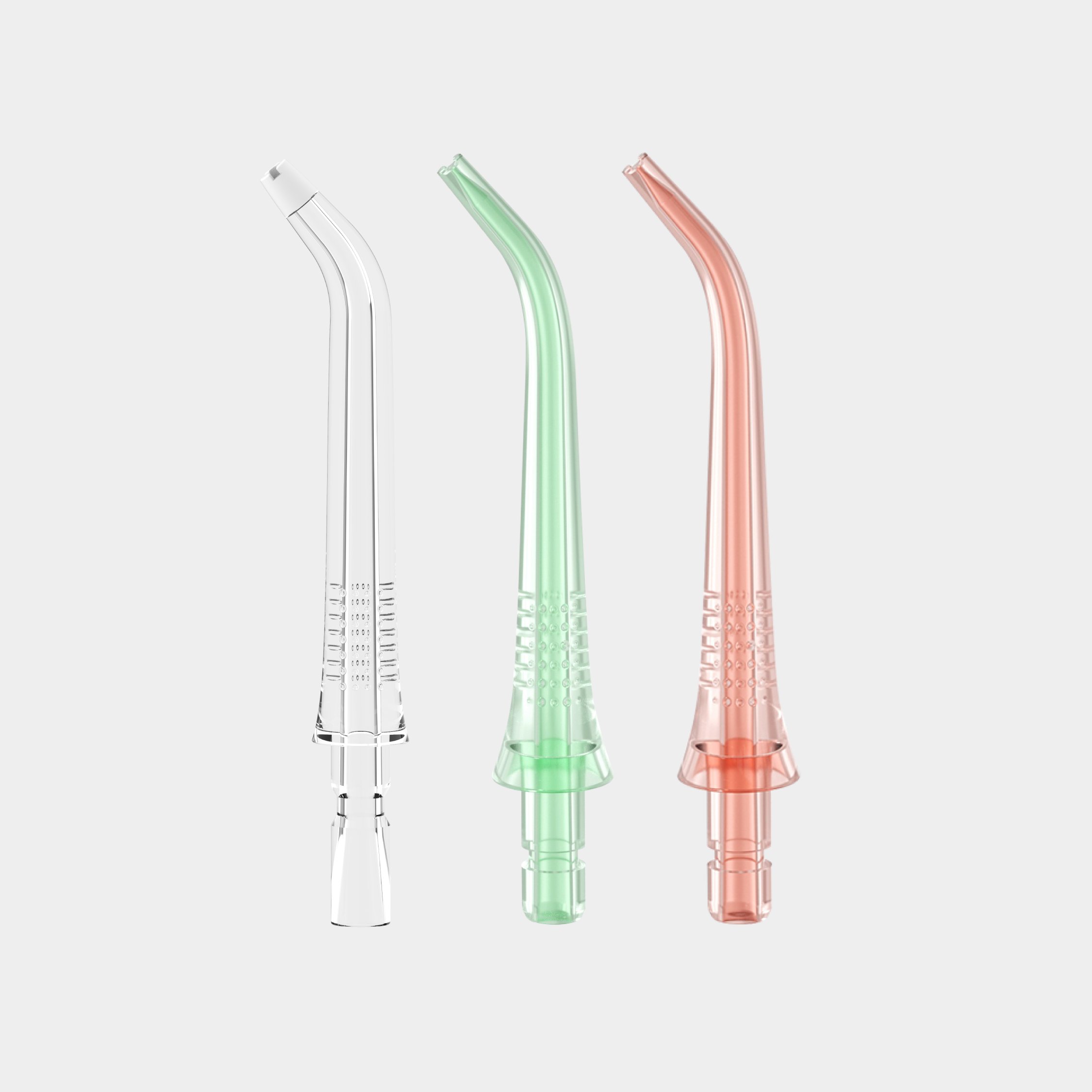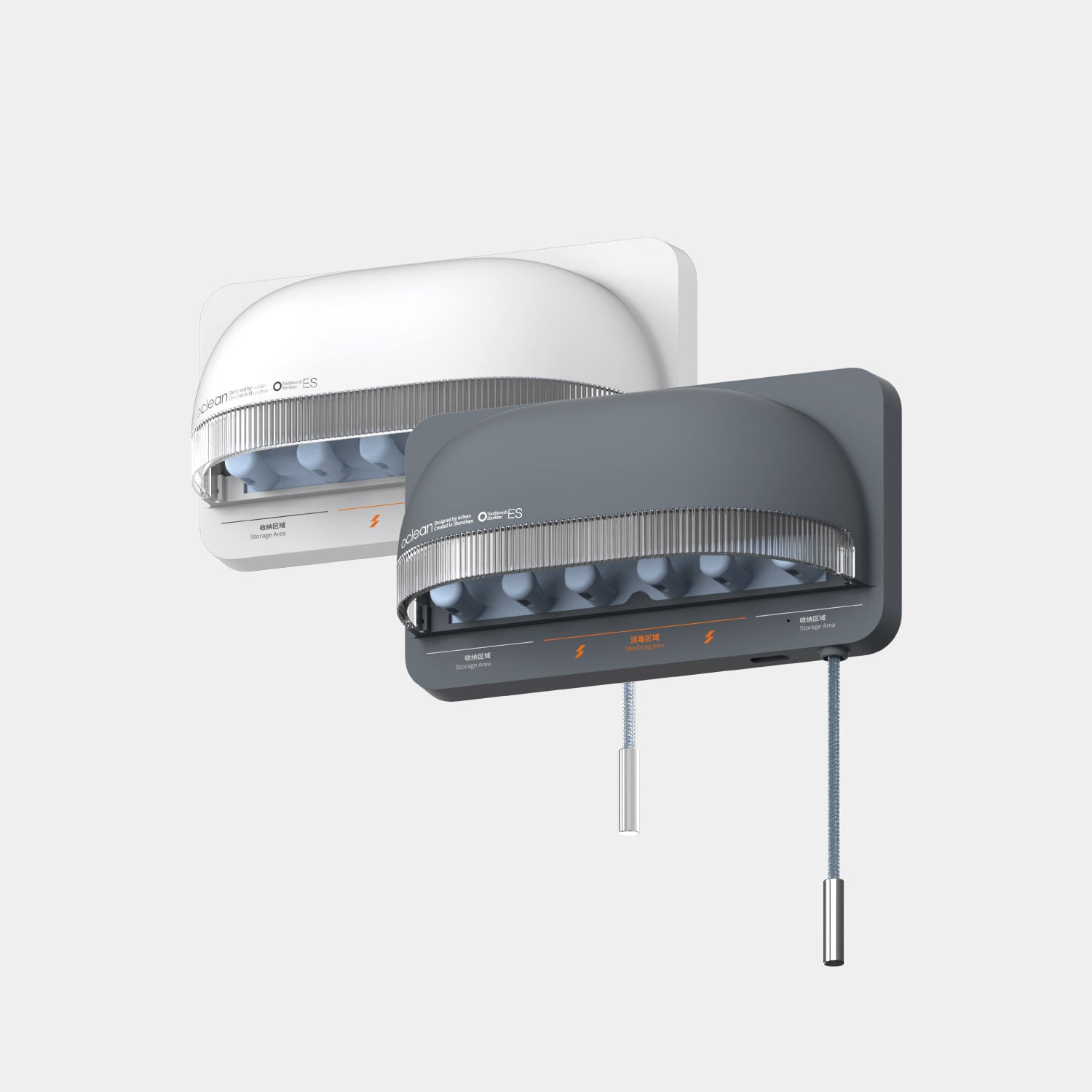The arrival of the first tooth is a memorable milestone that marks a significant point in your little one's growth. Yet, just how happy this moment can be, teething remains one of the most trying periods for babies and parents alike. Each baby is different in terms of when they get teeth and how they handle the discomfort. Some babies barely react to teething, while others turn into writhing, groaning bundles of discomfort.
Most babies start teething at around six months old, but the age can vary so dramatically that it is an entirely personal journey for every family. Therefore, you should know the signs, symptoms, and timeline of teething to bring this phase into your family's life with less stress.
In this guide, we will cover when babies get teeth, what to expect, and how to manage the discomfort. So, read ahead and help your little one in the best way possible.

When Do Babies Get Teeth? The Typical Timeline
Knowing when babies start teething can help parents better prepare for that inevitable developmental milestone. While not everyone's baby will break through their first tooth at the exact same time, most babies usually start teething around six months of age.
According to the American Academy of Pediatrics, the average age for a baby's first tooth to appear is between six and ten months. However, it can appear as early as three months or as late as 12 months.
Teething starts with the two bottom front teeth, also called central incisors, followed by the four upper front teeth, or central and lateral incisors. Then, there are the lower lateral incisors, molars, canines (pointy teeth), and lastly, the second molars. Generally, these erupt between 20 and 30 months. Your baby will have a full set of 20 primary teeth by the time they are around three years old.

However, if your child does not get their first tooth within this general range, there is no reason for concern. Remember that each baby is different, and some are slower or faster than others to begin teething.
Rarely are some babies born with a tooth, or a tooth appears during the first weeks of life. Though it does occur, it typically isn't problematic unless the tooth gets in the way of eating or could pose a risk of choking.
The Role of Genetics in Teething Timing
While the average timeline for teething is said to have most babies' first tooth erupt between six and ten months of age, it can vary greatly between children. Genetics may play a role in how early or late your baby starts teething. Like so many other things in life, the onset of teething can be inherited.
If you or your partner started teething late or early, the phenomenon might prevail with your little one, too. Although genetics contribute to it, they do not completely predict it, as other conditions, such as nutrition and wellness, have much to say.
For example, babies who are bottle-fed will have a different pattern of teething compared to those who are breastfed. Also, infants whose families have a record of oral diseases will likely teeth earlier or harder compared to other infants. Thus, understanding this will assist you in handling expectations and not being overly bothered by your baby's off-cycle teething schedule.

Signs and Symptoms of Teething: What to Expect
When do babies get teeth? The teething process can be a slow and often uncomfortable process for babies. While some babies don't have much discomfort, others show several symptoms that will alert them that their teeth are on the way.
Common signs of teething are swollen and tender gums, an extreme urge to chew, drooling, and, in most babies, irritability. Disrupted sleep and more irritability than usual might sometimes accompany this process. Babies might easily get cranky for reasons unrelated to teething sometimes when they are expected to have their teeth come up within days.
Besides these, babies start rubbing their ears, have a small rash on their faces, or sometimes experience one side of their cheeks getting flushed where the tooth eruption occurs. All these signs indicate that it is about time and your little one is about to get their first tooth. Also, you should not worry, as these signs do not indicate any illness.
Teething can cause a slight increase in body temperature. However, it usually does not give the baby a high fever. If the baby develops a fever above 100.4°F (38°C) or other unusual signs, such as diarrhea, then you need to visit a doctor, as these signs are not associated with teething.
Now, you know what to expect when babies start teething. This information will help you detect the early stages of teething in your baby and manage them more constructively.

Managing Teething Pain: Tips for Easing Your Baby's Discomfort
Now that you know when babies get teeth and what to expect, you might want to know how to support your baby during this often painful process. You cannot prevent all the discomfort that teething can cause, but there are ways to make your baby more comfortable.
Gentle Massage
First of all, one of the best and most natural methods of easing teething pain is through massaging the gums using a clean finger. Gentle pressure on the swollen region may help soothe the skin and give temporary relief.

Teething Ring or Chilled Washcloth
Alternatively, you can give the baby a teething ring or a chilled clean washcloth. Chilled items have the ability to numb the gum area to some extent and hence provide relief. Just ensure that the teething ring is not liquid-filled, as then it can break or leak. Do not freeze it totally, as the extremely cold objects may aggravate the pain.

Over The Counter Medications
If your baby is more than six months old, you can even consult your pediatrician about giving your baby a dose of acetaminophen or ibuprofen to help ease the pain. These drugs are generally safe if given according to the dosage guidelines, but it is always best to consult your doctor before giving medication to your baby.

Things to Avoid
Stay away from teething gels or tablets because most of the teething products contain harmful chemicals for babies. The FDA has also issued a warning on the use of benzocaine in teething products because it is a dangerous chemical for little kids.
Taking Care of Your Baby's Teeth: Teaching Good Oral Hygiene Habits Early
Yes, we know it is important to know when babies get teeth, and obviously, that's why you are here. However, another thing that we consider more important is taking care of your baby's teeth in the long run. Though these are temporary teeth that fall out later on, caring for them may prevent tooth decay from taking place, which would go on to affect the developing permanent teeth.
Infant Size Tooth Brush
Daily oral hygiene should begin once your baby's first tooth erupts. Use a soft, infant-sized toothbrush to clean their teeth twice a day. You don't need to use toothpaste for babies under 18 months; just water is needed to gently brush their teeth.
The best thing you can do while handling your baby's teething and focusing on his oral health is to make sure that you are making the right investment. Designed for both effectiveness and fun, the Oclean Kids Electric Toothbrush is for 6-12 year olds.

It features ultra-quiet technology. The silicone brush head is soft on gums and teeth, providing a gentle yet thorough clean. When you have it, brushing your baby's teeth becomes much easier and fun.
Fluoride Toothpaste
Once your child is older and can spit out toothpaste, use a pea-sized amount of fluoride toothpaste. Fluoride will strengthen tooth enamel, which in turn will help prevent cavities. The sooner it is incorporated into the child's dental routine, the better.
Avoid Drinks to Bed
Do not put the baby to bed with a bottle of milk or juice. Liquids can pool in the baby's mouth, providing an ideal medium for bacteria to grow. Use a sippy cup with water, and wipe the baby's gums or brush their teeth before putting them to sleep.

Dental Home
Another key step you should never omit is adopting a dental home. You can achieve this by bringing your child to the dentist before the age of one year or at the time when their teeth begin to erupt. This helps the dentist confirm if the teeth are growing correctly and will give recommendations on caring for the teeth and the gums.

The Bottom Line
Teething, with or without discomfort, is an inevitable process in every child's growth. When parents know when their babies get teeth and what they can do to reduce discomfort, the whole phase becomes a lot easier for parents and children.
From the very first tooth, proper oral hygiene should be maintained to ensure good dental health in the long run. Remember, every baby is different, and their teething process might not be exactly the same as another's. So, if you feel there is some problem with your baby's teething process or oral health, never hesitate to contact your pediatrician or dentist.
With the right knowledge and tools, you can help your baby's teeth while keeping them in a healthy state as they grow. You can combine that with the Kids Electric Toothbrush, which will make the whole process of brushing a great experience.



